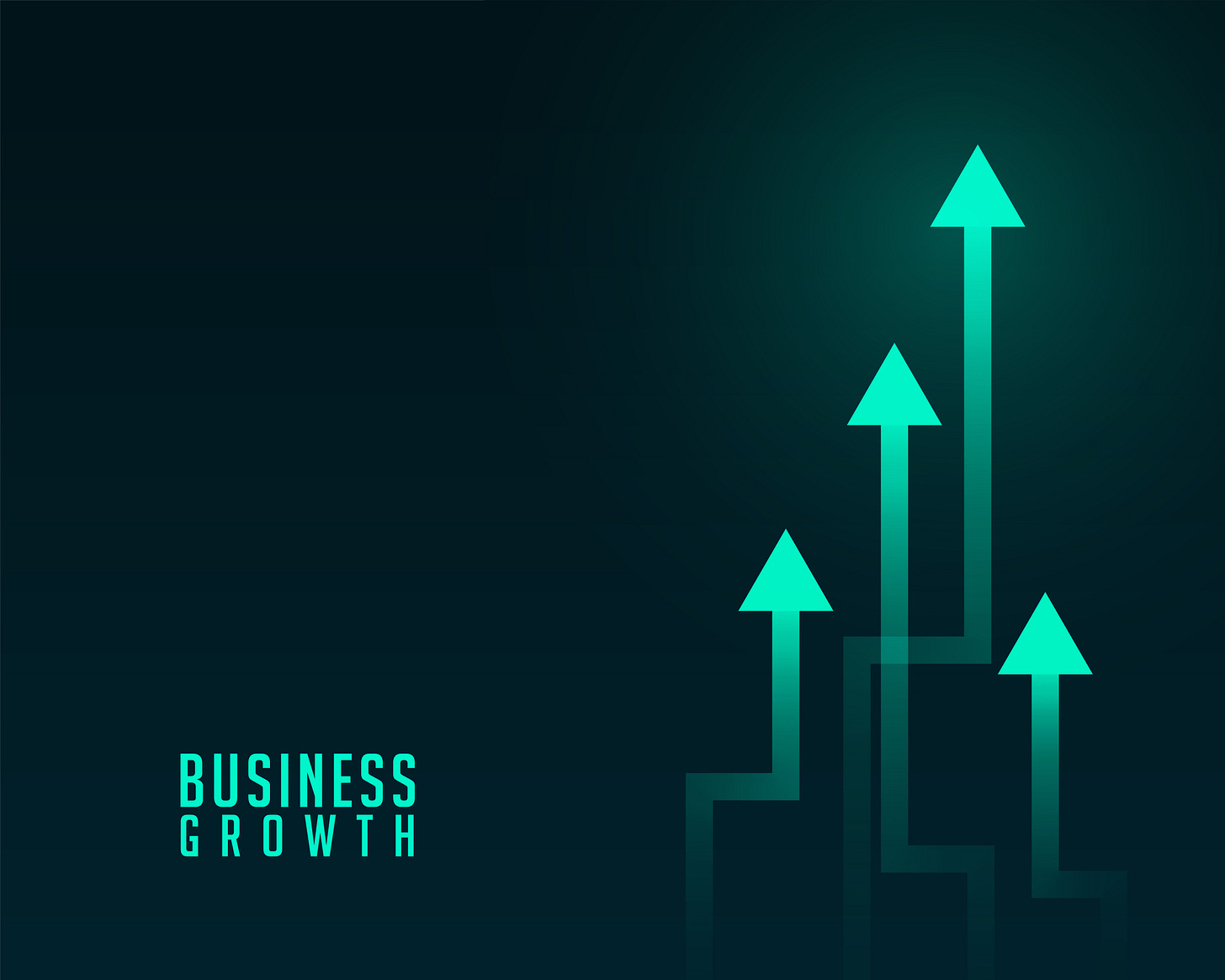For decades, finance was viewed as the gatekeeper — the team that held the keys to budgets, compliance, and control. Their role was to safeguard the company’s resources, ensure discipline, and keep risk at bay. The CFO’s word was final — not because of vision, but because of vigilance.
But the world has changed — faster than many balance sheets could keep up. Growth today doesn’t just depend on cost control; it depends on courage, creativity, and collaboration. And this is exactly where the modern finance leader steps in — not as a gatekeeper, but as a growth partner.
From “How Much Will It Cost?” to “How Will It Create Value?”
The most striking change in finance thinking is the shift in language. Traditional finance questions revolved around approval and restriction — “Can we afford it?” or “Is it within budget?” But today’s CFOs are asking deeper, bolder questions:
“How does this align with our long-term vision?”
“What return — tangible or intangible — will this investment generate?”
“How will this decision move the needle on customer trust, innovation, or culture?”
This mindset transforms finance from a function that says no to one that enables yes — responsibly. It positions finance not as the department of “rules and reports,” but as the heartbeat of strategic possibility.
The CFO as a Co-Author of Strategy
The finance seat at the table is no longer at the end — it’s right at the center. Modern CFOs co-author business strategy alongside CEOs, CMOs, and CHROs. They interpret trends, forecast behavior, and guide decisions that go far beyond financial ratios.
Today’s finance leaders must understand customers, culture, and competitive landscapes as deeply as they understand cash flow. They aren’t just reacting to what the market does — they’re anticipating it.
This partnership mindset builds bridges across departments. When finance leaders understand marketing’s need for brand investments, or HR’s case for people development, they don’t just manage spending — they empower purpose.
Guardrails, Not Roadblocks
One of the most human shifts in finance leadership is the move from “controller” to “enabler.” The best CFOs know that innovation cannot thrive in fear. Their job is to create guardrails — structures that allow experimentation while keeping risk under control.
They say no only when absolutely necessary, but they also know the power of saying not yet. That patience, grounded in insight, builds trust. It allows the business to take bold bets — knowing finance has their back, not their brakes.
The Human Side of Financial Leadership
Numbers don’t inspire people — people do.
A growth partner CFO recognizes that behind every projection, every efficiency drive, and every budget decision, there are humans. Employees who put in the hours, customers who trust the brand, and stakeholders who expect purpose with profit.
The finance leader’s empathy becomes a strategic asset. When teams understand why a decision is made — not just what it is — they buy in emotionally. Transparency in financial communication turns anxiety into alignment.
Finance, when humanized, becomes a unifying force. It stops being a language of fear and starts being a language of clarity.
Building a Growth Culture Inside Finance
The evolution from gatekeeper to growth partner isn’t just a title change — it’s a mindset shift that starts within finance teams themselves.
Tomorrow’s finance professionals need more than technical accuracy. They need business acumen, storytelling ability, and curiosity. They must be willing to learn from data scientists, marketers, and behavioral economists. They must see patterns, not just numbers.
Leaders who foster this kind of learning culture turn finance into a hub of collaboration — a team that connects the dots between departments, identifies unseen opportunities, and challenges old assumptions.
Because in truth, growth happens not when finance approves a budget — but when finance helps design the future that budget will build.
The Future Belongs to the “Why” Thinkers
As automation takes over data crunching and AI accelerates forecasting, the human edge of finance will lie in judgment, empathy, and strategic thinking. The CFO of the future won’t just interpret results — they’ll interpret meaning.
The leaders who ask “why” before they say “no” will be the ones who help their businesses grow — sustainably, responsibly, and boldly.
Finance will always be the guardian of value. But the real transformation happens when finance becomes the creator of value — a true growth partner in every sense.

